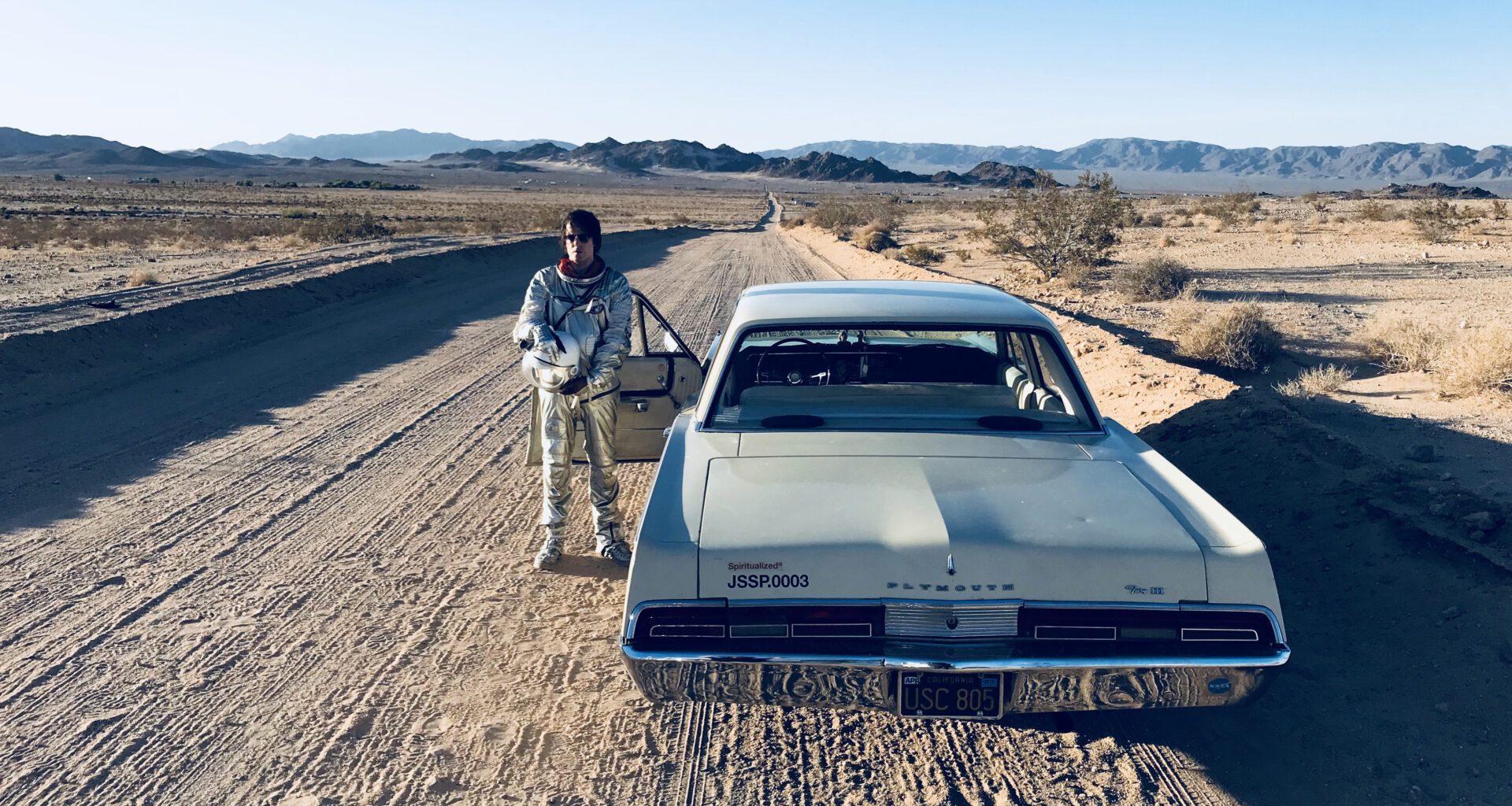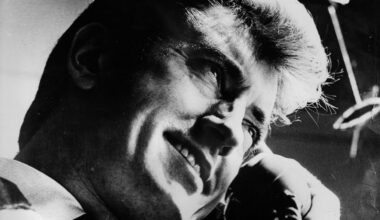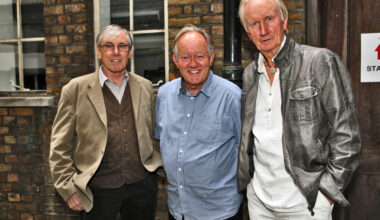Billed as the Spaceman Reissue Program, the first four Spiritualized albums have been remastered, repackaged and re-released in glorious new vinyl and CD editions. Laid-back frontman Jason Pierce talks us through some of the most cosmic records of the last 30 years
Want to read more?
Sign up to Electronic Sound Premium to gain access to every post, video, special offers, and more. 100%, all you can eat, no commitment, cancel any time.
Already a premium member? Log in here






